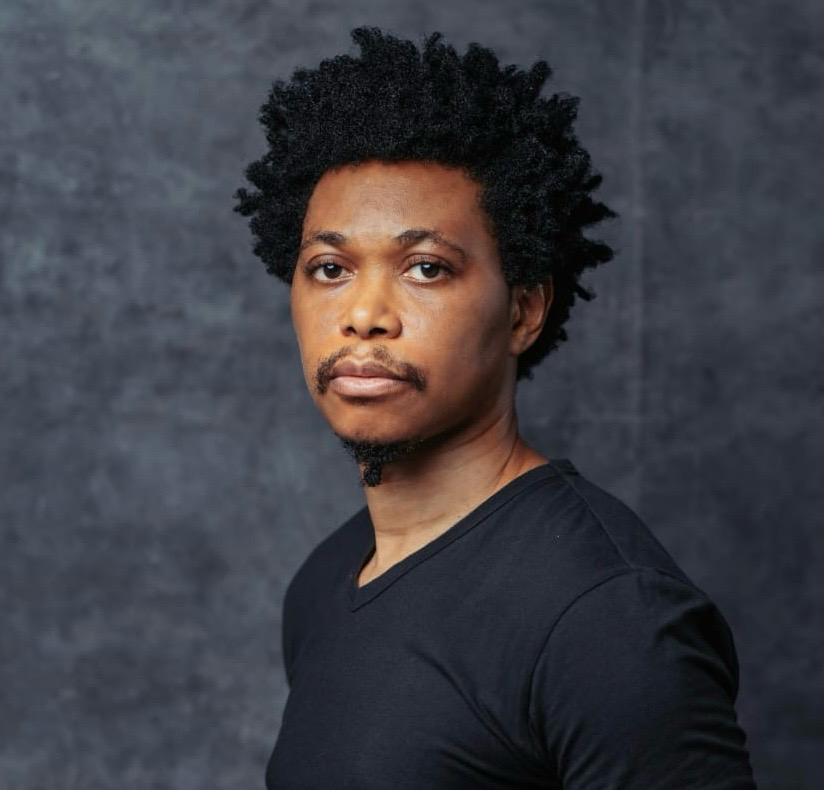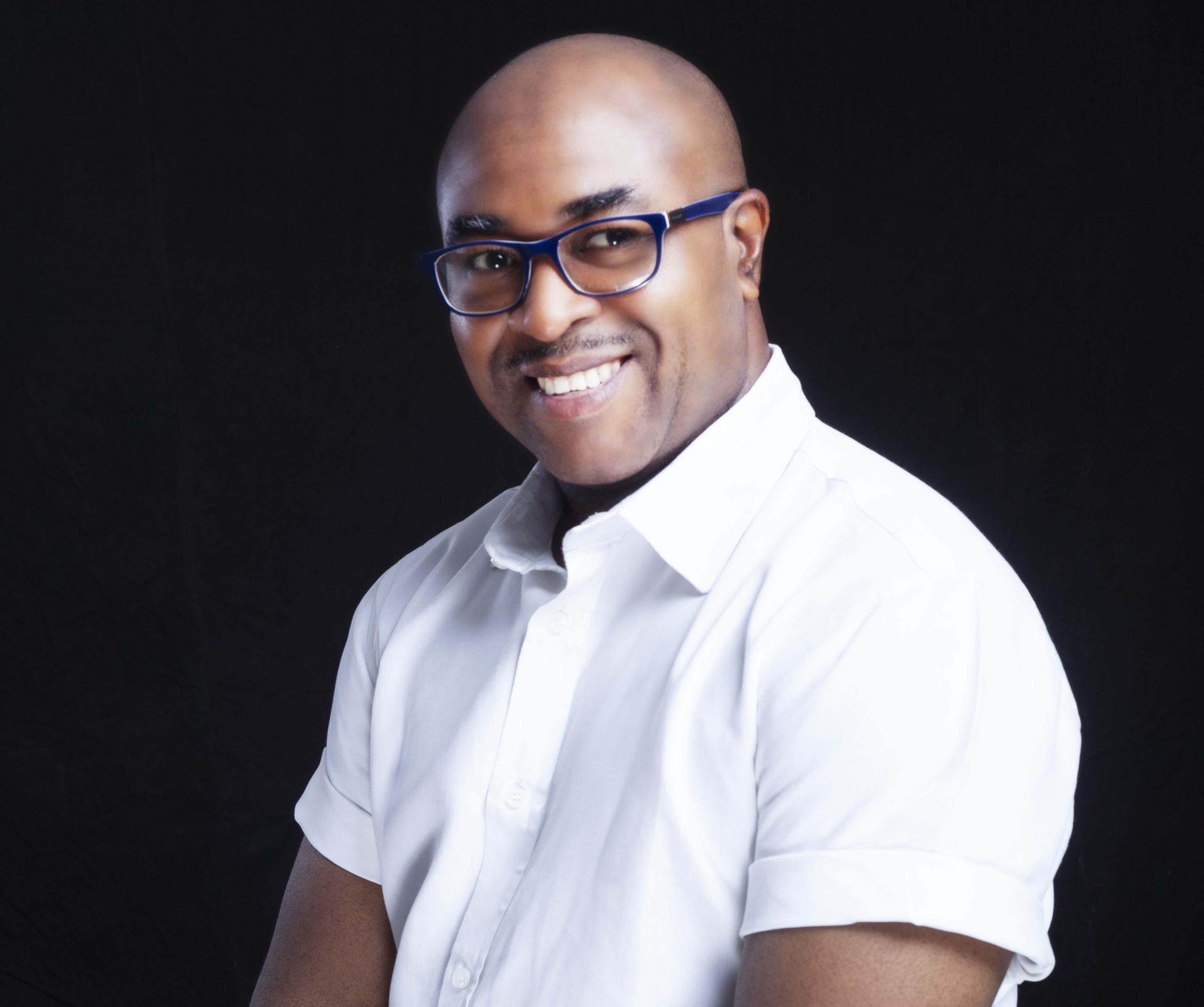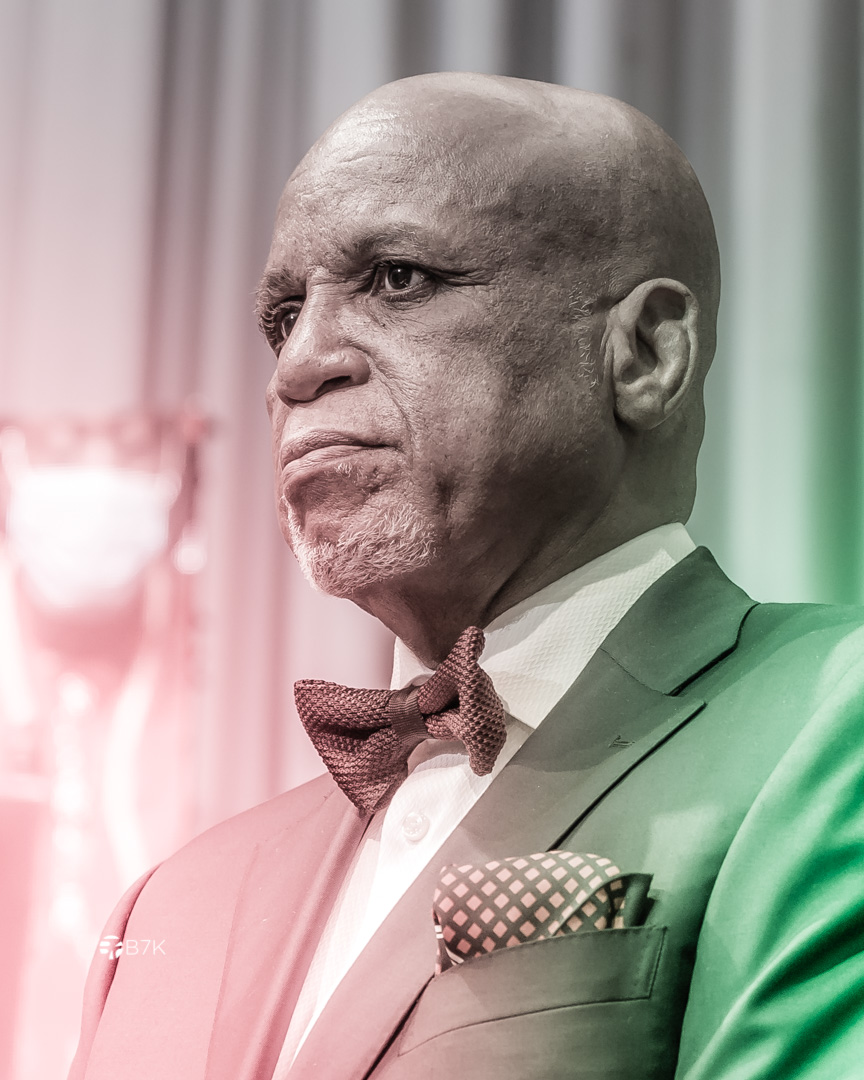Franklin Ozekhome, co-founder of brand innovation studio Maskvrade, has declared that Nigeria’s next wave of business growth will not come from boardrooms but from culture.
He insisted that the country’s creators are already building new systems, its tribes are moving with purpose, and its language is rapidly evolving.
According to the brand builder, strategist, and culture futurist, the companies that design around these shifts will win, while those that ignore them will be left behind.
Rather than focusing on outdated models driven by media spend and quarterly campaigns, the strategist urged marketers to recognize the power of culture as capital.
He asserted that brands must now shift from short-term campaigns to building living ecosystems that evolve, self-grow, and deepen loyalty.
These systems, he noted, must be shaped by emotional contexts, community co-creation, and perpetual relevance rather than demographic generalizations and static branded content.
Also Read:Ozekhome cautions marketers against risk of losing relevance by chasing trends without authenticity
He drew a sharp contrast between the old world of advertising and today’s demand-driven, emotionally intelligent, and identity-aware marketplace.
In his view, brands must embrace cultural fluency and embed themselves into the stories people live by, not just the ones they consume.
Referencing the creative vision of fashion designer Kenneth Ize and the innovation-led model of global brand Nike, the strategist points out that the most successful brands today either rewire perception or activate cultural energy, and the smartest ones do both.
Also Read:Are we listening to what data is saying?” – Dr. Ajiborode challenges business leaders
He emphasized that participation, not just presence, now defines brand relevance.
As proof, he cited Heinz’s collaboration with Marvel Studios on the Deadpool & Wolverine campaign, where ketchup and mustard bottles were turned into collectible cosplay items, triggering waves of user-generated content, DIY hacks, and meme culture.
Also Read:Professionals push for purposeful, authentic content in the brand conversation
He also referenced the AfroDroids NFT project by artist Owo Anietie, which fused design, culture, and social good into a thriving digital community that funded education for girls while exploring Afro-futurism.
For the cultural operator, these are not just isolated campaigns but evidence of a broader shift. Culture, he stressed, is no longer a backdrop, it is the business engine.
In his words, growth in Nigeria now begins long before a consumer meets a product; it starts in the stories people tell, the slang they invent, the memes they share, and the tensions they navigate.
He explained that cultural momentum operates on four core forces: tensions, trends, tribes, and triggers. He believes marketers must understand where emotional friction lives in order to unlock opportunity.
In Nigeria today, he observed, young people are caught between the grind of survival and the desire for pleasure, peace, and joy.
This paradox, he said, creates cultural electricity. Rather than ignore it, forward-looking brands are building rituals, moments, and language that plug directly into this reality.
He explained that today’s tribes are forming not around categories but around codes, inside WhatsApp groups, Telegram channels, and TikTok subcultures.
Also Read:Industry trailblazers speak to new graduates at AMA on the big leap as they graduate
Whether it’s Shallipopi’s linguistic world-building with phrases like “Presido of Pluto” or the visual vernacular of low-res aesthetics and vintage moodboards, the cultural strategist notes that the most powerful symbols aren’t coming from creative departments but from communities.
He identified Jameson as a brand that understands this dynamic, highlighting how the whiskey label has cultivated community through Yard events, music partnerships, and grassroots support for subcultures. In such cases, community becomes currency, and the brand serves as benefactor.
He cautioned that many brands wait until cultural moments become mainstream before attempting to jump in with hashtag campaigns and media buying. By then, he argued that,
“It’s already too late. Brands that will win and thrive are those who leverage cultural tribes, and design triggers that spark collective motion.”
These triggers, he explained, can be anything from an ad-lib to a slogan to a visual that signals shared identity and invites participation.”
The creative executive also pointed out that artificial intelligence is now learning from the same culture streams, such as memes, voice notes, Afrobeats samples, and Gen Z slang, that marketers should be tuned into. He saw this as further proof that culture has become infrastructure, not an accessory.
Also Read:Business leaders share survival strategies to overcome economic turbulence
Ultimately, he asserted that in a market where trust is fragile and attention is fragmented, culture is the glue that holds everything together. For him, the next frontier is building systems around culture that deliver sustained demand, relevance, and revenue.
He challenged marketers to stop chasing virality and start building velocity brands that move like culture: fast, fluid, and full of feeling.
Finally, the strategist called for a deeper decoding of what he termed the “culture engine”, which is a map of meaning that reveals how tribes, tensions, trends, and triggers converge to build belief, belonging, and business growth.
With Nigeria exporting sound, style, slang, and social rituals at a global scale, he believes the opportunity for culturally fluent brands is massive and urgent. As he put it, culture is no longer the seasoning. It is the fire.
Watch Also:MARKETING EDGE ONTV






Comment
No comments found.